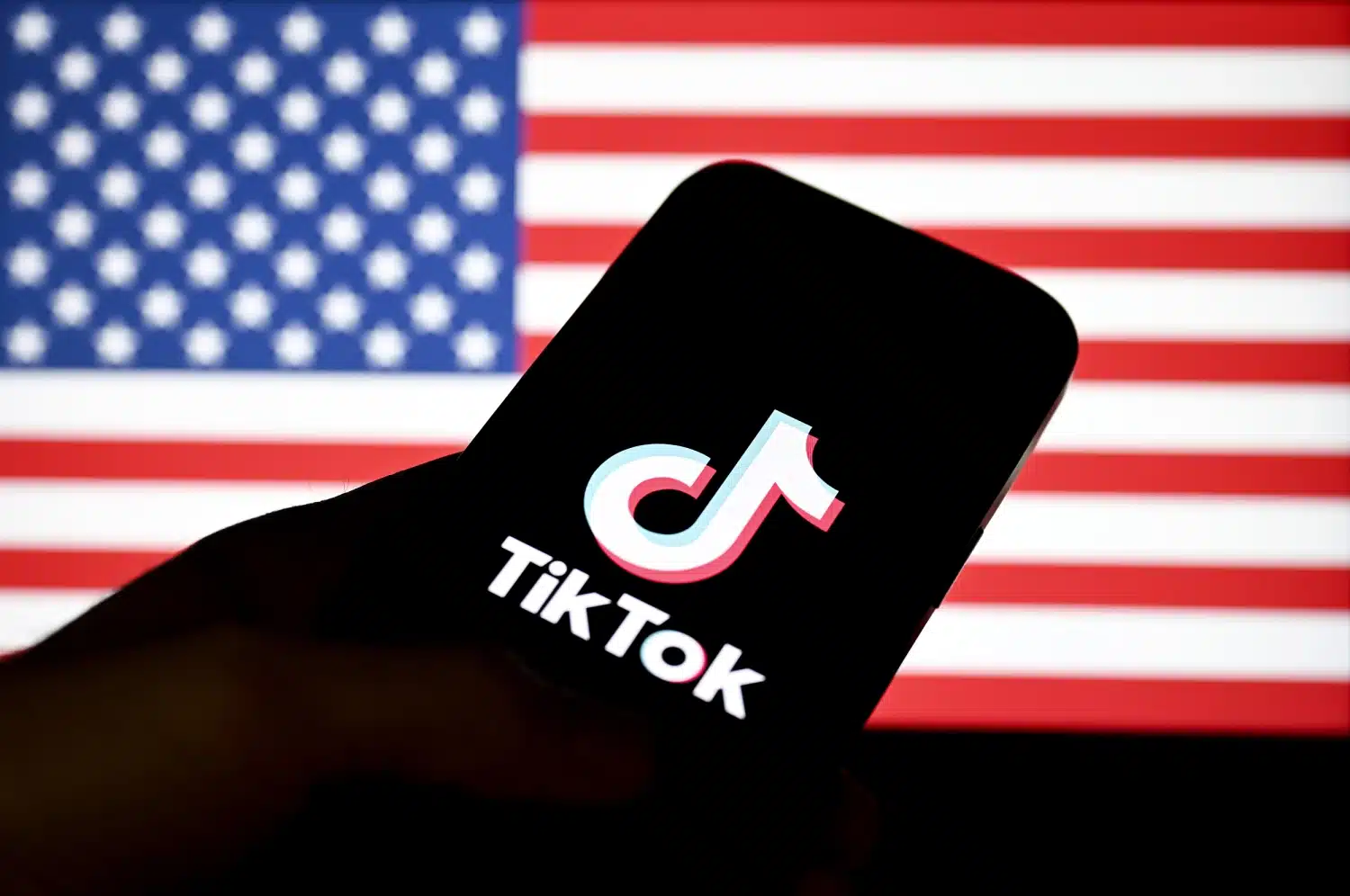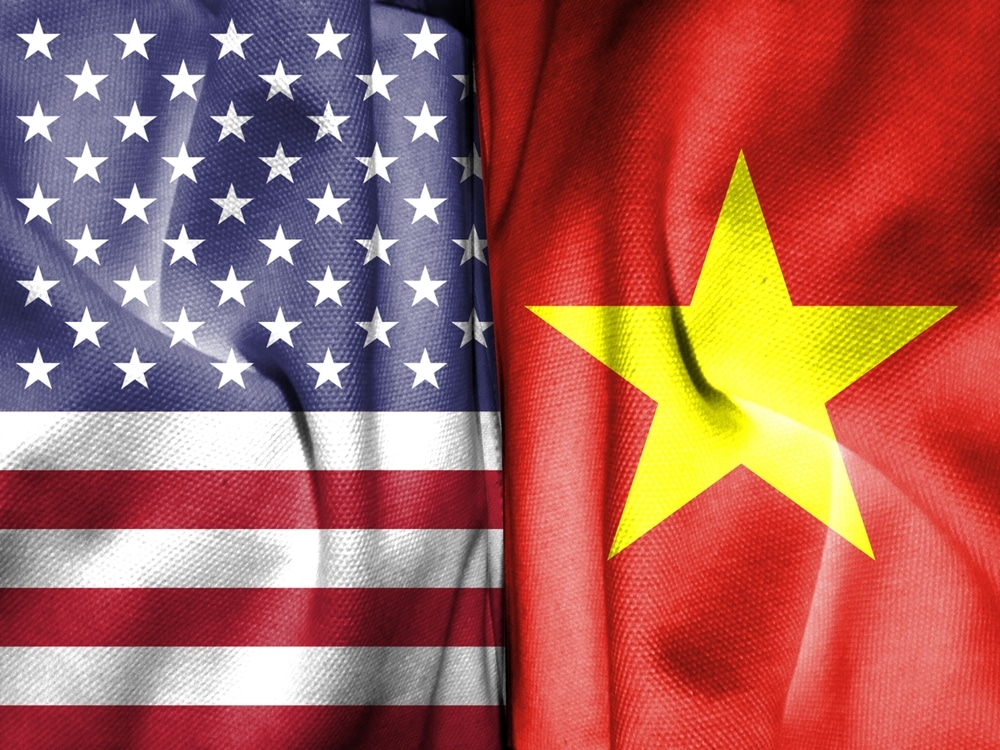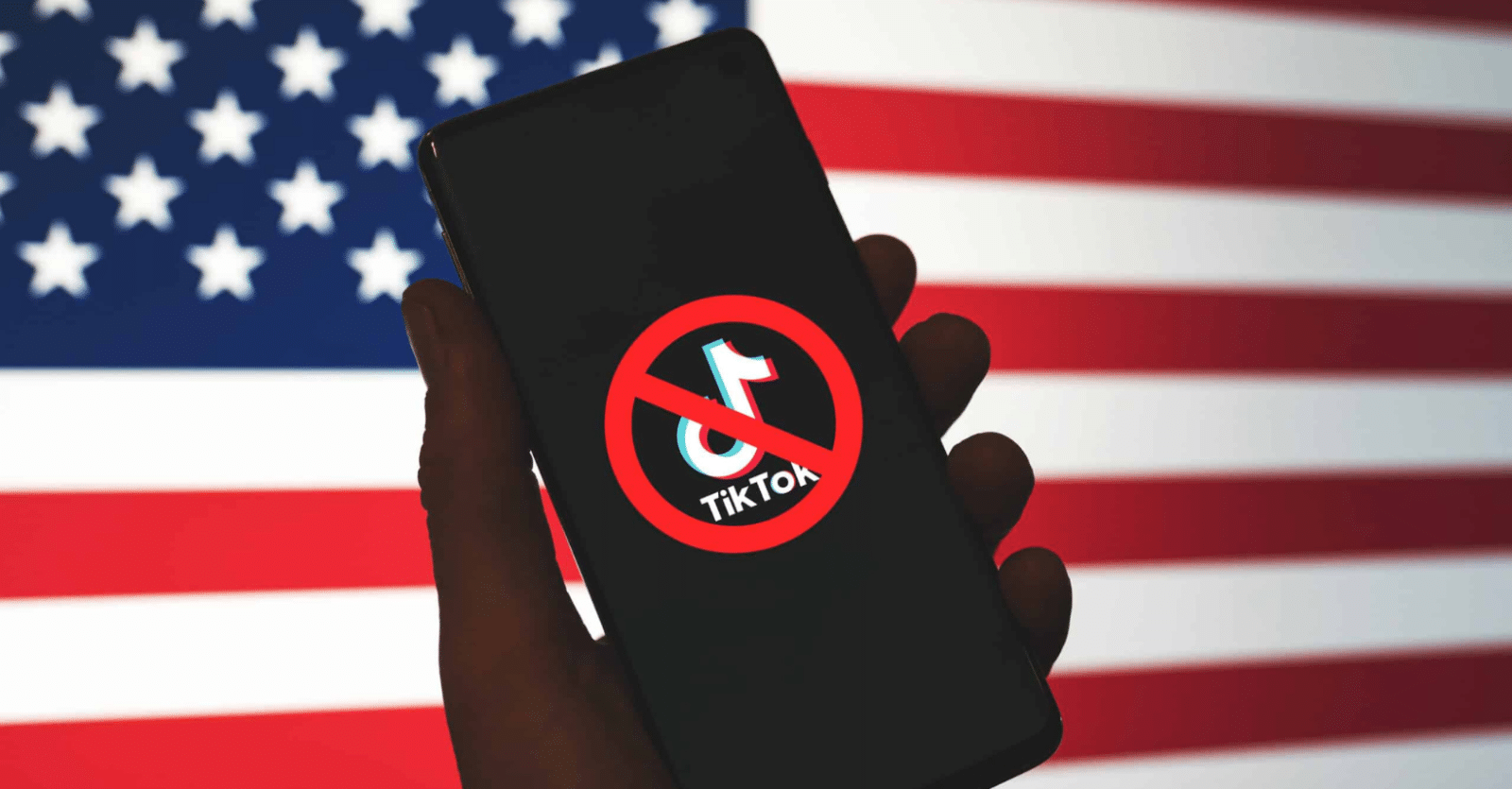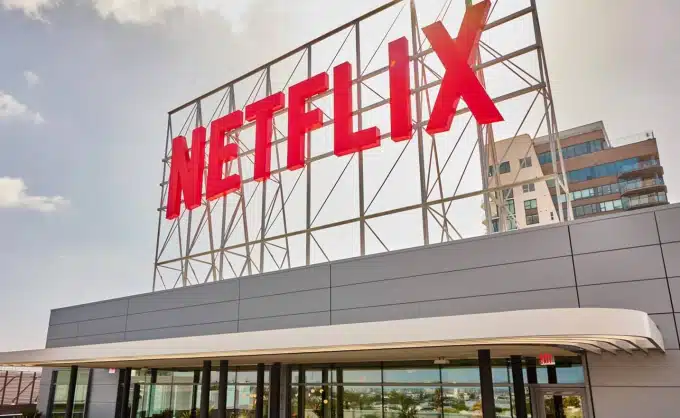TikTok, the wildly popular social media platform, has taken the world by storm with its short-form videos and diverse content. With over 150 million active users in the United States alone, TikTok has become a cultural mainstay, influencing trends, music, and even politics. Yet, despite its success, the app has been at the center of growing debates surrounding national security, data privacy, and its ties to China. These concerns have led U.S. lawmakers to push for a potential TikTok ban, sparking widespread discussions about the app’s safety, transparency, and broader implications.
The Core Concerns – National Security and Data Privacy

Credit: nbcnews.com
TikTok is owned by ByteDance, a Chinese company, which has raised alarm bells among U.S. officials. The primary concern is that the Chinese government could compel ByteDance to share sensitive user data under the country’s national security laws. Critics argue that this poses a significant national security risk, especially since TikTok collects vast amounts of user information, including location, browsing history, and device identifiers.
Beyond data collection, there are fears that TikTok’s algorithm could be weaponized to spread misinformation or propaganda. Lawmakers worry that the platform could influence public opinion in subtle but impactful ways, particularly during elections or on issues critical to U.S. foreign policy.
Adding to these concerns are reports of harmful trends and the app’s addictive nature, which some believe negatively affects mental health, particularly among younger users. TikTok’s immense influence over its audience has made these issues even more pressing for policymakers.
The Road to a Ban
The idea of banning TikTok in the U.S. isn’t new. In 2020, the Trump administration made headlines by attempting to prohibit the app, citing national security risks. Although those efforts were ultimately blocked by courts, the concerns surrounding TikTok didn’t disappear.
Under the Biden administration, the debate has resurfaced with renewed vigor. In 2023, a bipartisan group of lawmakers introduced the RESTRICT Act, which would grant the federal government greater authority to regulate or ban foreign-owned apps deemed a security threat. This legislation has reignited discussions about TikTok’s fate in the U.S.
TikTok has consistently denied allegations of data misuse. In response to U.S. concerns, the company proposed a plan called Project Texas, which involves partnering with Oracle to store U.S. user data on domestic servers. This move is intended to prevent unauthorized access to American user information. Despite these efforts, skepticism remains high among lawmakers and security experts.
The Role of Geopolitics

Credit: Andy.LIU
The controversy surrounding TikTok is also deeply tied to the broader geopolitical tensions between the U.S. and China. As the two superpowers compete for technological dominance, TikTok has become a focal point in their rivalry. For U.S. officials, banning TikTok is not just about data privacy—it’s also about limiting China’s influence in global tech markets.
This geopolitical backdrop has added complexity to the debate. While some argue that a TikTok ban is necessary to protect U.S. interests, others caution against the implications of such a move. Critics claim that banning a platform as influential as TikTok could stifle digital freedom, set a dangerous precedent, and risk retaliation from China.
The Impact of a Ban
A TikTok ban in the U.S. would have far-reaching consequences, both culturally and economically. The app has become a vital platform for content creators, small businesses, and influencers who rely on it for income and engagement. A ban could disrupt their livelihoods and force them to transition to other platforms.
For everyday users, a TikTok ban would mean losing a unique space for entertainment, education, and self-expression. Meanwhile, U.S. tech companies could face increased scrutiny as lawmakers seek to establish stricter regulations for social media platforms across the board.
Globally, a U.S. ban on TikTok could deepen the tech divide between the West and China, further fragmenting the internet into regional ecosystems. Such a move could also intensify discussions about data sovereignty and the need for international regulations to address these issues.
Conclusion
The debate over TikTok’s presence in the United States highlights the complex interplay between technology, security, and geopolitics. While the concerns about data privacy and national security are valid, the implications of banning TikTok are equally significant. As lawmakers, users, and industry leaders grapple with this contentious issue, the future of TikTok in the U.S. hangs in the balance. Whether it remains a staple of American culture or becomes another casualty of geopolitical tensions will depend on how these debates unfold in the months ahead.




















Leave a comment